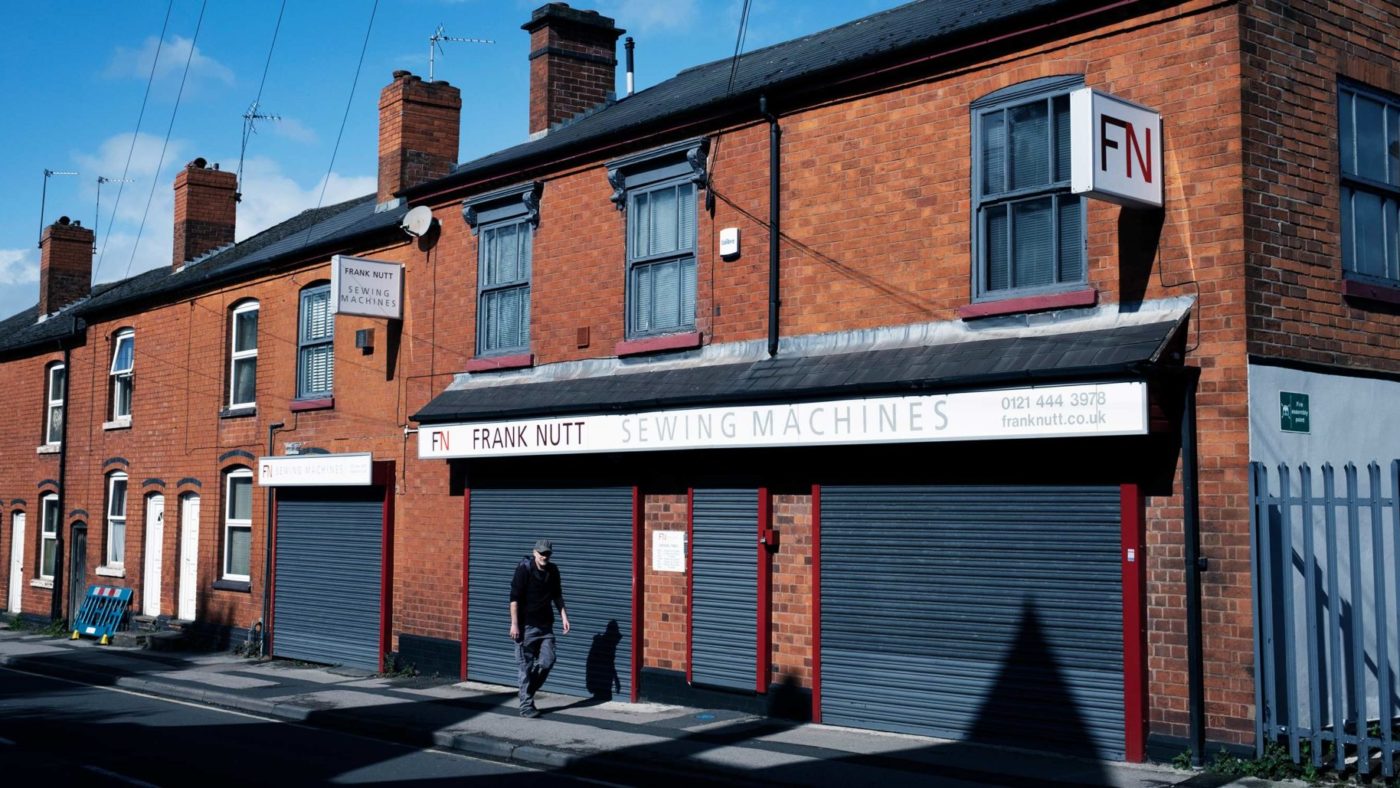As the UK enters its fourth week of lockdown. Covid-19 has brought business to a grinding halt. Not only are people’s lives at risk, but so are their livelihoods. The Government therefore needs an exit strategy and it needs one now. If it waits until the health experts give the all clear then it will be too late.
Health experts are by definition cautious. Their job is solely to protect as many lives as possible – they are not focused on the economic consequences of their advice.
But there are economic consequences. If the lockdown continues for another month then we face not a long recession, but possibly a depression. If we have a depression then there are no profitable businesses to pay corporation tax, nor employees to pay income tax. If there are no tax receipts then there is no money for healthcare, no money for unemployment benefits and certainly no money to rebuild our country.
The Government is then left to borrow money at increasingly higher rates of interest as we are downgraded by ratings agencies or to print more money (known as quantitative easing) and thereby devalue our currency. Think Germany in the 1923 or Zimbabwe in 2008. We are unlikely to get to this sorry state of affairs, but be in no doubt about how bad things could get if we choke the economic life out of our economy.
UK PLC is made up not just of big corporations but millions of small businesses – the economic equivalent of Burke’s ‘little platoons’. Indeed, 99.9% of businesses are SMEs with up to 249 employees and 95% are micro businesses with less than 10 employees. There are almost 6 million SMEs that employ 60% of the workforce and represent £2.2 trillion of businesses’ total turnover.
These businesses are collapsing at an almost logarithmic rate as the lockdown continues. By the end of April up to 25% of these firms could be out of business, and by the end of June up to 50% could be gone or on some form of financial life support. Overall, the NIESR predicts a fall in GDP as high as 25% by the end of June, while one scenario modelled by the OBR has GDP falling 35% in the second quarter of this year.
Let’s return to the health experts, on whose advice the Government seems to be entirely relying for when to ease the lockdown. Whatever their immense skill and expertise, medical professionals cannot be expected to connect the dots between solving our immediate health priorities and the many longer term consequences of a prolonged lockdown. And those are certainly profound. As Paul Johnson of the IFS points out, studies of the impact of the 2008 financial meltdown showed a massive increase in chronic illnesses, mental health problems and, in some cases, suicide.
So far the Government has done a brilliant job trying to protect businesses and people’s jobs by paying for furloughing and offering immediate loan schemes such as CBILS. But these are short-term solutions. Unless the Government gets Britain back to work soon, there will be no money to continue subsidising businesses and supporting millions of people without work.
That said, the choice between safeguarding lives and protecting lives is not necessarily binary. As England’s Chief Medical Officer Chris Whitty has noted, we are expected to hit the peak of daily deaths within the next fortnight. When this happens we need a plan in place to begin to ease off the lockdown while still protecting the most vulnerable (primarily the elderly and those with weak immune systems).
This means allowing the ‘little platoons’ to get back to work, opening up small businesses and cautiously allowing the younger generation (the least vulnerable) to return to work, while maintaining social distancing as much as is feasible and avoiding physical contact (such as shaking hands, one of the primary ways the infection seems to pass from person to person) for the foreseeable future.
Covi-19 will certainly have a long tail – one which may lengthen as we allow people back to work. But as countries like Sweden have shown, it is possible for society to move forward while still protecting the most vulnerable.
The Chancellor and Number 10 should immediately put together a Council of Business Advisors from all stakeholders including representatives from the CBI, FSB and the unions, as well as problem solvers from the business community: consultancy firms, accountants, banks, private equity and venture capital. Relying on special advisors and civil servants with little or no business experience will not necessarily lead to the best solutions.
The Government should also resist trying to front up the capital to help rebuild UK PLC. If history has shown us one thing, it’s that the state is bad at making economic bets on business. Instead the Chancellor should use the tools in his financial armoury, such as Seed EIS and other tools, to encourage as much investment as possible in small businesses.
mSmall businesses are the lifeblood of our economy and our communities. With the right strategy in place, we can both safeguard lives and livelihoods and get Britain back to work. But we need to get that plan in place now and get people working again, however slowly, before it’s too late.
Click here to subscribe to our daily briefing – the best pieces from CapX and across the web.
CapX depends on the generosity of its readers. If you value what we do, please consider making a donation.


